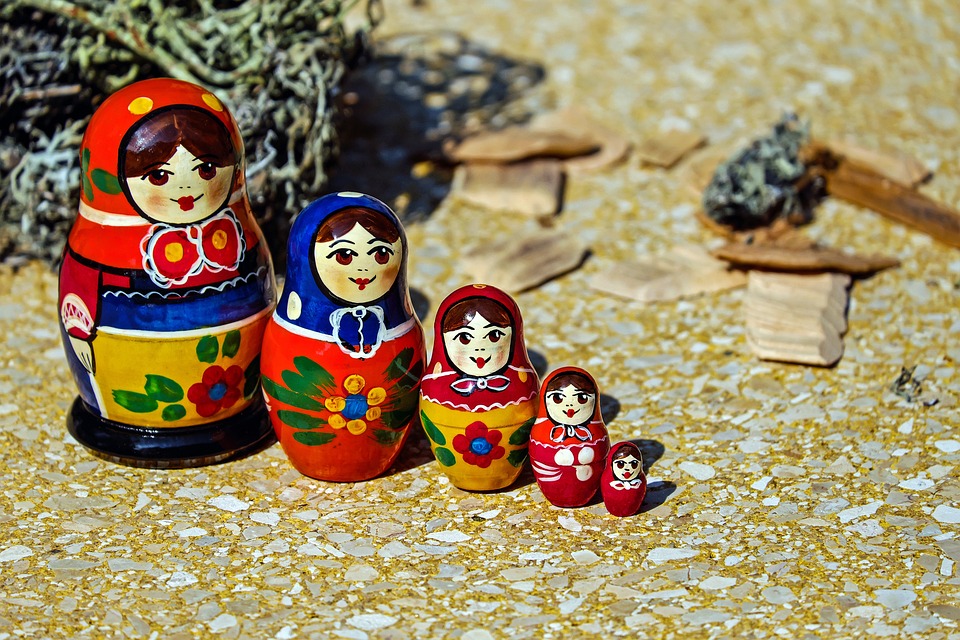The Future of Russia’s Rural Economy: Opportunities and Challenges
Russia’s rural economy has long been a cornerstone of the country’s agriculture sector, providing food and employment opportunities to millions of people. As the country continues to modernize and diversify its economy, the rural sector is faced with both opportunities and challenges that will shape its future.
Opportunities
Despite some challenges, there are several opportunities for the future growth and development of Russia’s rural economy. These opportunities include:
1. Increased investment
With the government’s focus on developing rural areas and improving infrastructure, there is an opportunity for increased investment in the rural economy. This could help to modernize agricultural practices, improve productivity, and create new employment opportunities in rural areas.
2. Export potential
Russia’s rural economy has the potential to become a major player in the global agricultural market. With its vast land resources and diverse climate, the country is capable of producing a wide range of agricultural products for export. By tapping into this potential, Russia could boost its rural economy and contribute to economic growth.
3. Diversification
One of the key opportunities for Russia’s rural economy is diversification. By moving away from traditional agricultural practices and exploring new industries such as agribusiness, eco-tourism, and renewable energy, rural areas can create new opportunities for growth and development.
Challenges
Despite the opportunities, Russia’s rural economy also faces several challenges that must be addressed in order to ensure its future success. These challenges include:
1. Aging population
One of the biggest challenges facing Russia’s rural economy is the aging population. As young people leave rural areas in search of better employment opportunities in urban areas, the population of rural areas is becoming older and less productive. This trend could lead to a decline in agricultural production and rural development if not addressed.
2. Infrastructure limitations
Another challenge facing Russia’s rural economy is the lack of adequate infrastructure. Poor roads, limited access to markets, and inadequate facilities make it difficult for rural businesses to thrive. Improving infrastructure in rural areas is essential for stimulating economic growth and attracting investment.
3. Climate change
Climate change is another significant challenge for Russia’s rural economy. Rising temperatures, changing weather patterns, and natural disasters can have a devastating impact on agriculture and rural communities. By implementing sustainable practices and investing in climate-resilient technologies, rural areas can adapt to the effects of climate change and mitigate its impact on their economies.
Conclusion
In conclusion, the future of Russia’s rural economy is filled with both opportunities and challenges. By investing in modernization, diversification, and sustainable practices, rural areas can harness their potential for growth and development. Addressing the challenges of an aging population, infrastructure limitations, and climate change will be key to ensuring the long-term success of Russia’s rural economy. With the right policies and investments, rural areas can play a vital role in driving economic growth and prosperity for the country as a whole.





